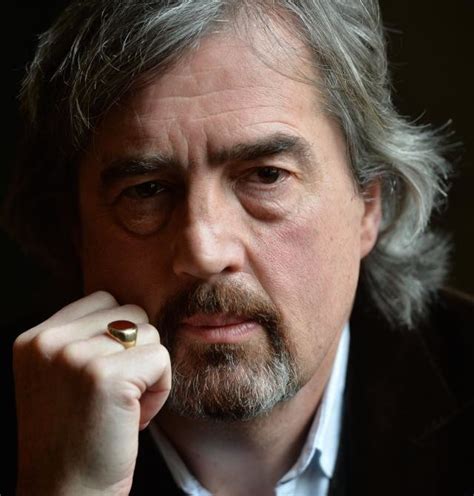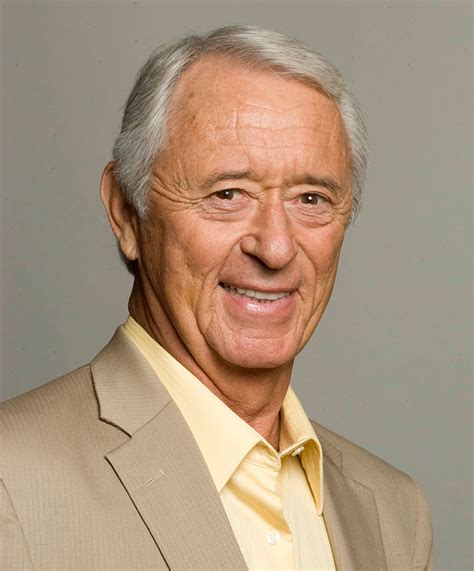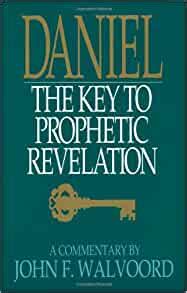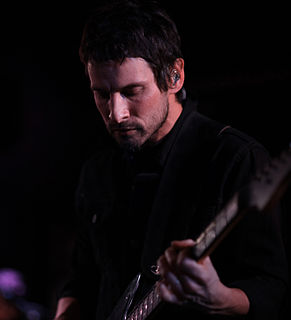A Quote by Raoul Peck
[James] Baldwin was a revelation for me, the kind of revelation that follows you all your life because you can go back to it. It's not just about stories. It's about philosophy. It's about criticizing the world. It's about deconstructing the world around you.
Related Quotes
So many of the stories are about perspective and viewpoint. It's not just about seeing and revelation. The idea of having many different stories from many different perspectives has something to do with me trying to deal with the impossibility of having a wide enough view to say anything really convincing on that scale.
Many of us will be obsessed with one or another kind of secret or revelation, be it gossip about friends or ourselves, a fantasy about spies, or a worry about the most personal information now stored in data banks. But few of us think about secrets in general, or about the moral rights and wrongs of hiding or exposing them.
I am open to [the notion of theistic revelation], but not enthusiastic about potential revelation from God. On the positive side, for example, I am very much impressed with physicist Gerald Schroeder's comments on Genesis 1. That this biblical account might be scientifically accurate raises the possibility that it is revelation.
He loved telling stories. He had been everywhere in the world. The northwest frontier, the landscape of the Hindu Kush, was one of the great landscapes of my childhood because he used to evoke it with his stories. He taught me the sequence of ranks in the British army when I was about eight. I was in the bed with him while he told me everything about his life - except, probably, the real things, because of course you couldn't go there.
As you get older, your songwriting starts to become less and less about you, and especially when you have kids and a family. You start to see the world through other people's eyes a lot more to the point where it's hard to go back and relate to that "me against the world" perspective that I think a lot of my earlier songs were about. It's not so much about "me against the world," it's, how do you make the best possible future for your kids to grow up in?
It's about panic. It's about fear. It's about instilling the American populace with terror, dread, and apprehension about the future. It's all about making you think that your way of life is "destroying the world." America is the root of all evil in the world, according to the environmentalist wackos. You, the citizens of the United States, are ruining everything.
Science isn't just about solving this or that puzzle. It's about understanding how the world works: the whole world from the vastness of the cosmos to the particularity of an individual human life. It's worth thinking about how all the different ways we have to talk about the world manage to fit together.






































